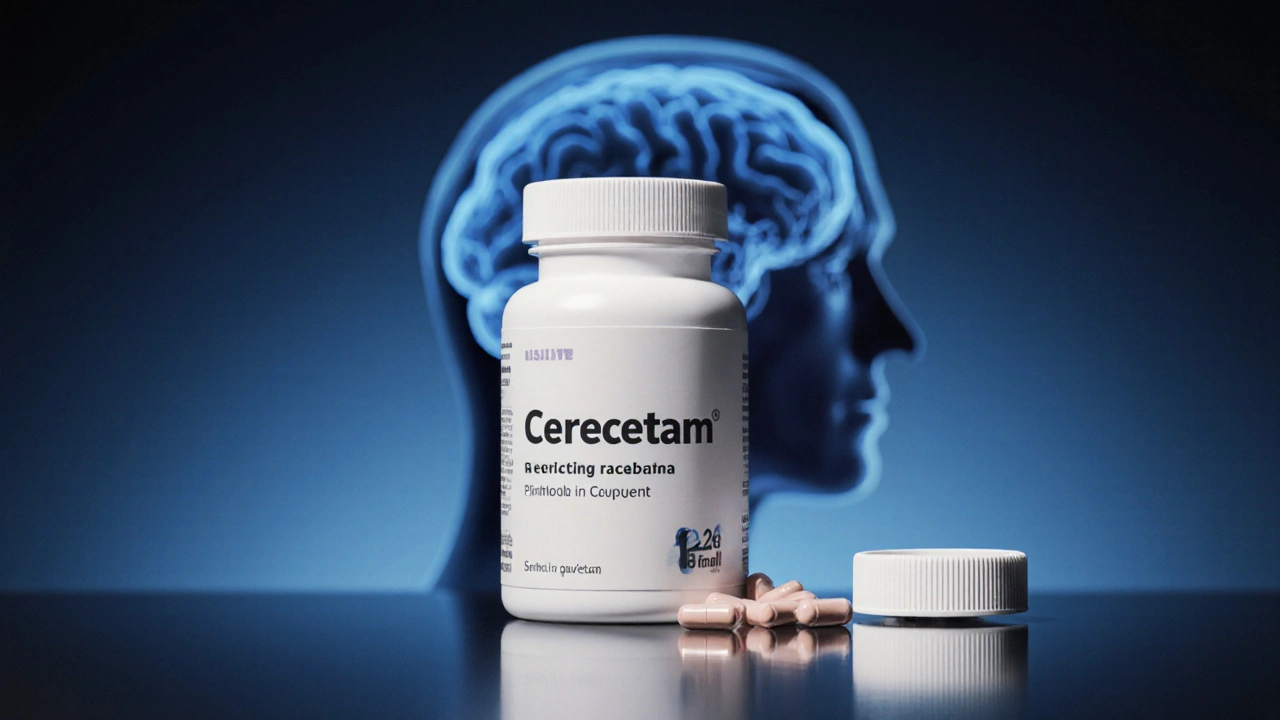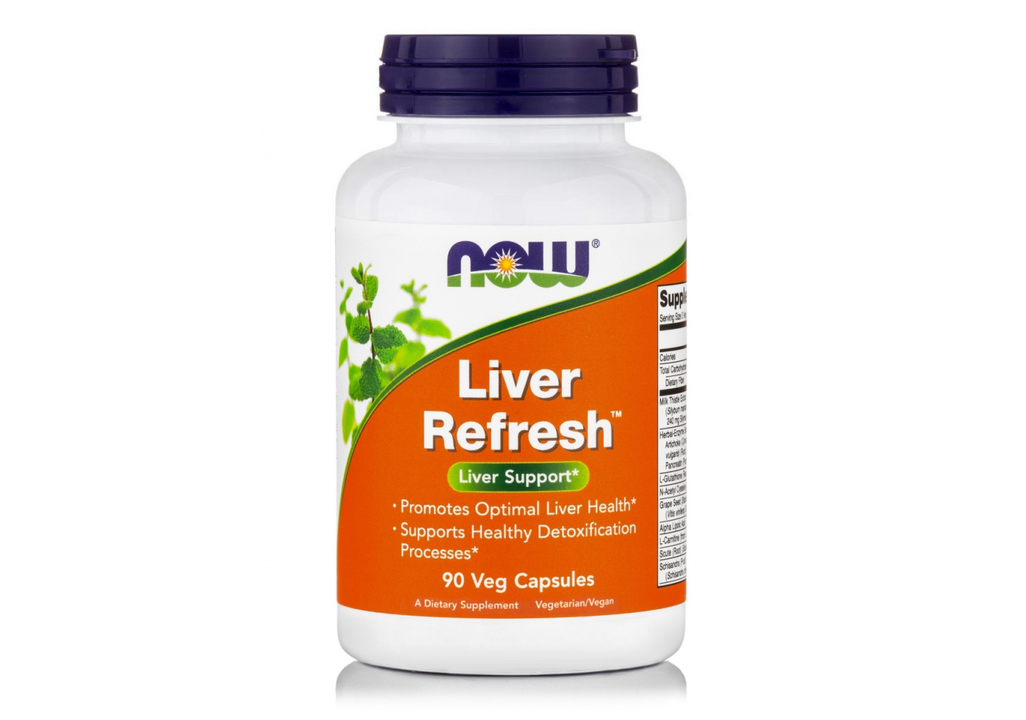Supplements: How to Choose and Use Them Safely
Want better energy, less pain, or a mood boost from supplements? Good—many supplements can help, but picking the right one and using it safely makes the difference. This page gives clear, real-world tips so you can choose supplements that actually fit your needs.
Start by asking one question: why do you want a supplement? Name the symptom or goal—sleep, joint pain, migraine prevention, low iron—and look for products that match that goal. For example, Feverfew is often used for reducing migraine frequency, while Marsh Tea is talked about for digestion and general wellness. Those are starting points, not guarantees.
How to read a label
Labels tell you the form, dose, and active ingredient. Look for the ingredient name and the amount per serving—avoid vague statements like "proprietary blend" without amounts. Check serving size: if one capsule is the dose, don’t assume two is better. Also scan the ingredient list for fillers, allergens, or added stimulants you don’t want.
Third-party testing matters. Seals from USP, NSF, or ConsumerLab mean the bottle likely contains what it claims and isn’t full of harmful contaminants. If a product has no testing, proceed with caution, especially for extracts or high-dose formulas.
Safety, dosing, and interactions
Start low and watch how you feel. Many supplements work at modest doses; bigger isn’t always better and can cause side effects. Track your dose and symptoms in a notebook or phone app for 2–4 weeks to spot benefits or issues.
Check interactions. Supplements can affect prescription drugs—St. John’s Wort alters some antidepressants, and certain herbs can change how blood thinners work. If you’re pregnant, nursing, have chronic disease, or take meds, ask your doctor or pharmacist before trying something new.
Timing matters. Some supplements take weeks to show effects (vitamin D, some herbal therapies). Others give quick relief (magnesium for cramps). Note whether a supplement should be taken with food; fat-soluble vitamins need a fat source to absorb well.
Forms differ: capsules, tinctures, teas, powders, and topical gels behave differently. Marsh Tea may be consumed as a brewed tea or extract; Feverfew often comes as capsules or dried leaf. Choose the form that fits your routine and check concentration so you know the effective dose.
Watch for claims that sound too good to be true. No supplement cures everything. Reliable sources report specific outcomes—reduced migraine frequency, improved sleep latency—not vague promises. Look for references to human studies or trusted reviews when available.
Finally, keep a list of everything you take and review it yearly with a healthcare pro. Supplements can help when chosen and used sensibly. Use this page as a practical checklist: clear goal, read the label, check third-party testing, start low, monitor, and ask for professional advice when in doubt.






